Research Areas
- Design space exploration for architectures for digital signal processing
- Analog / mixed signal design
- Modeling of architectures for digital signal processing
- Rapid prototyping systems for real-time video signal processing
- Reconfigurable hardware architectures
- Driver assistance systems
- Medical electronics & biomedical engineering
- Verification procedure for analog / mixed-signal circuits
- Procedure for physical design
- Integrated voltage converters
- Integrated gate drivers
- Electronic design automation
- Reliability
Design of application specific integrated circuits (ASIC)
- Power loss-optimized multicore processor systems for high-resolution multistandard video compression in mobile multimedia devices
- Development of high temperature electronics based on SOI technologies
- Architectures for low-loss wireless sensor networks
- Hardware architectures for MIMO UWB systems
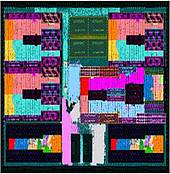


Analog/Mixed-Signal Design
- Integrated high-voltage voltage converter
- Hybrid voltage converters
- Integrated gate drivers, GaN-on-Si
- Current measurement circuits
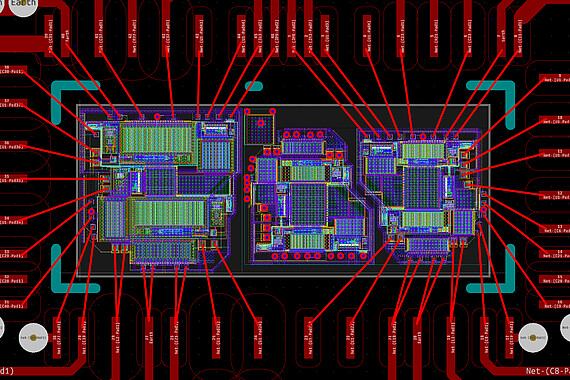
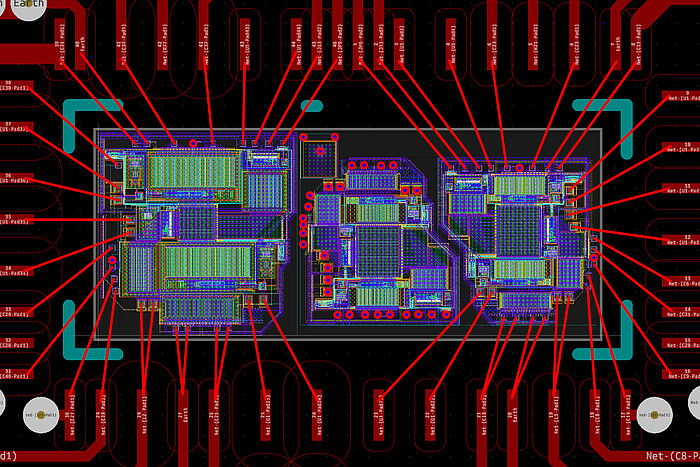
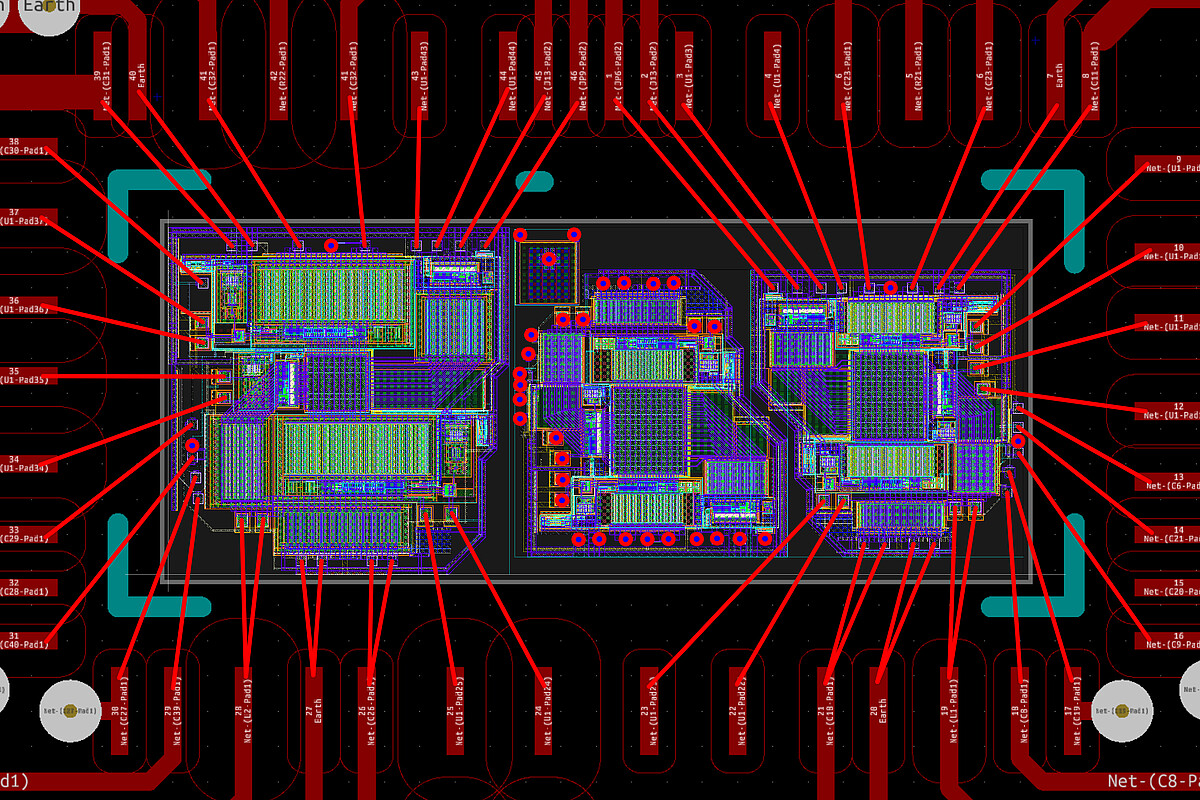
Real-time digital signal processing
- Stereo camera-based depth estimation
- Video-based driver assistance systems
- Video signal processing for endoscope systems
- Object detection and tracking in video data streams
- Synthetic Aperture Radar (SAR) image generation
- Signal processing in high temperature environments
- Software defined radio Cognitive MIMO UWB radio systems
- Signal processing for wireless sensor networks
- Automated dynamic music classification
- Real-time capable sonification of movement data
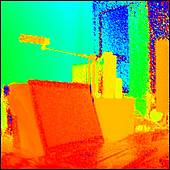


Rapid Prototyping
- Emulation of multicore processor systems
- Adapted processors and hardware acceleration modules
- Development of FPGA designs for systems and applications with high data rates in audio and video signal processing
- Early assessment of power loss and performance
- Hardware software codesign



Electronic Design Automation
- Methods for the verification of analog / mixed-signal circuits
- Analysis and increase of the robustness of electronic systems
- Methods for the reliable modeling of analog circuits
- Methods for physical design (layout)
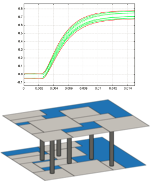


Technical equipment at the institute
- Platforms for emulating complex hardware designs
- BEE4, Chip-IT
- Platforms for the analysis of GPGPU-accelerated data processing (CUDA, OpenCL)
- Hardware design environments
- Xilinx ISE, Altera Quartus, Synopsys Front End and Verification Tools, Cadence SoC
- Encounter, Tensilica Xtensa Xplorer (ASIP design environment)
- Fully equipped electronics laboratory
- Logic analyzers, spectrum analyzer, audio analyzer
- SMD soldering station
- Assembly line
- PXI system (National Instruments)
- Test vehicle for highly automated driving
- PANDA (photo)
- 3D video equipment
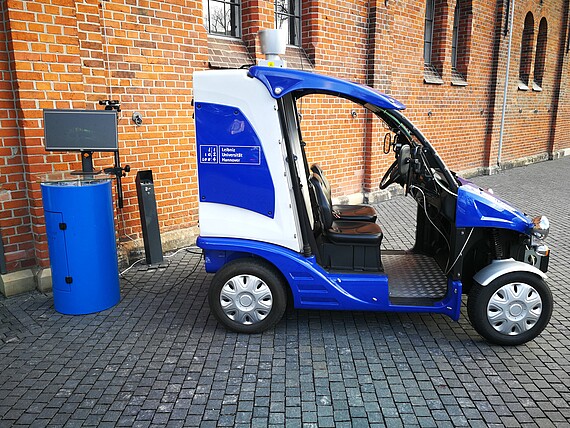
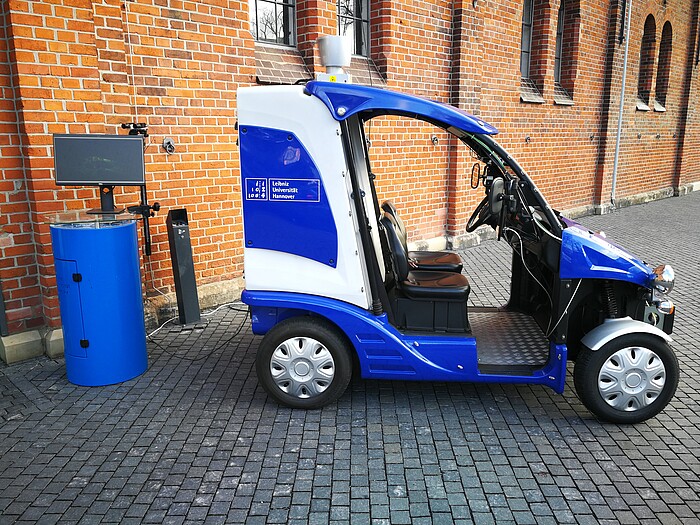
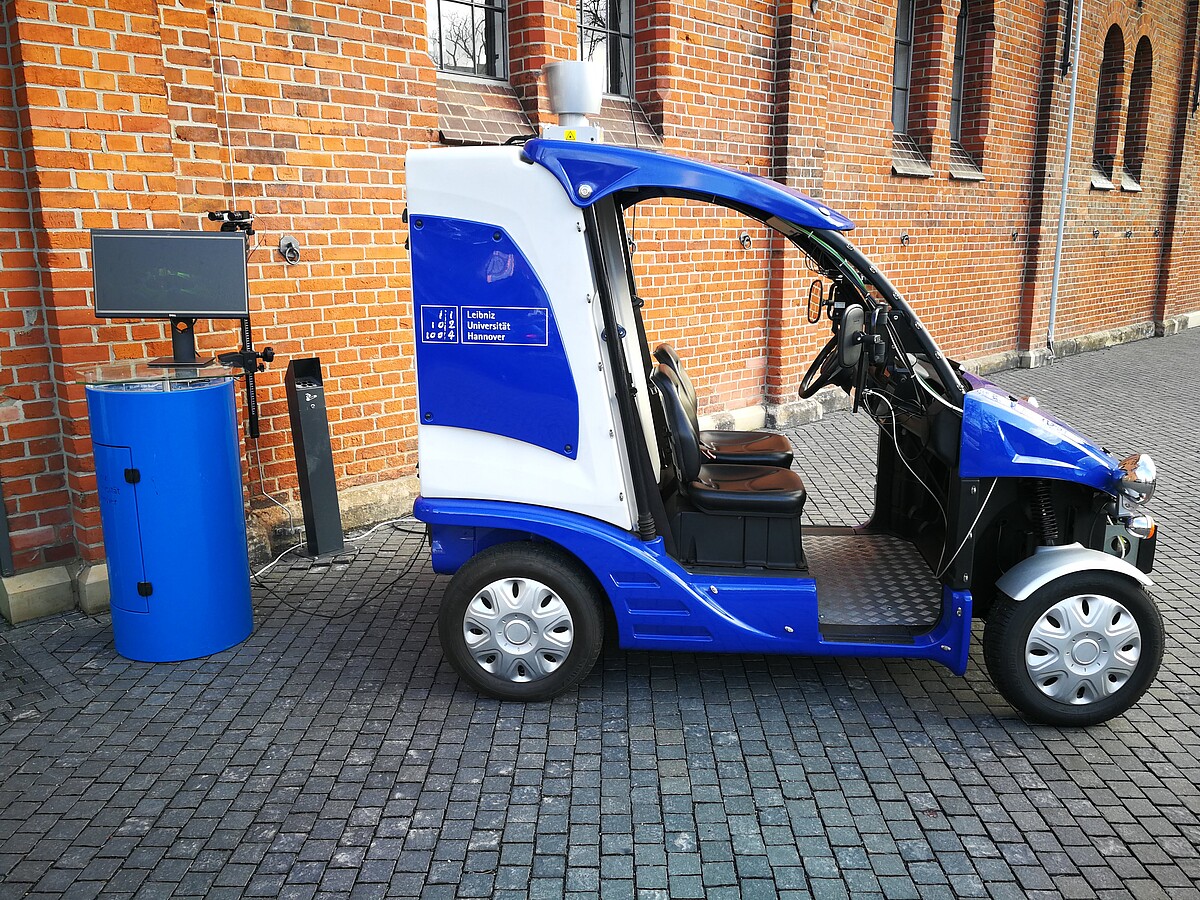 ©
Quelle: LUH
©
Quelle: LUH
- Analog design environment
- Virtuoso Analog Design Environment (Cadence)
- Analog laboratory
- Oscilloscopes up to 4 GHz (Tektronix)
- Network analyzer 5 Hz - 3 GHz (Keysight)
- High-voltage SMUs 1 kV, 20 W
- Signal generator 250 MHz (Tektronix)
- RLC meter (Keysight)
- Wire-Bonder (TPT HB16)
- Tip measuring station TS2000-DP AUTOMATED TEST SYSTEM / DARKBOX / HIGH POWER (MPI)
-
We are happy to make the equipment available to other researchers. Contact: Detlev Habicht (detlev.habicht@ims.uni-hannover.de +49 511 762 19662)
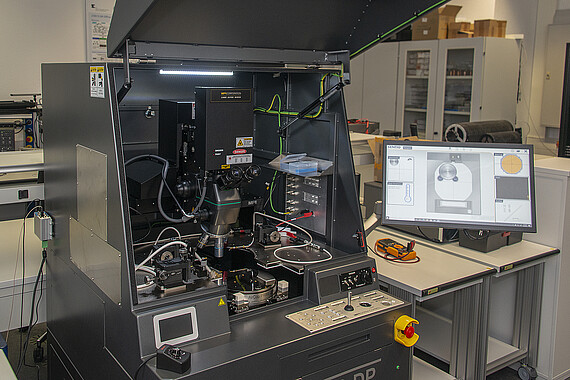
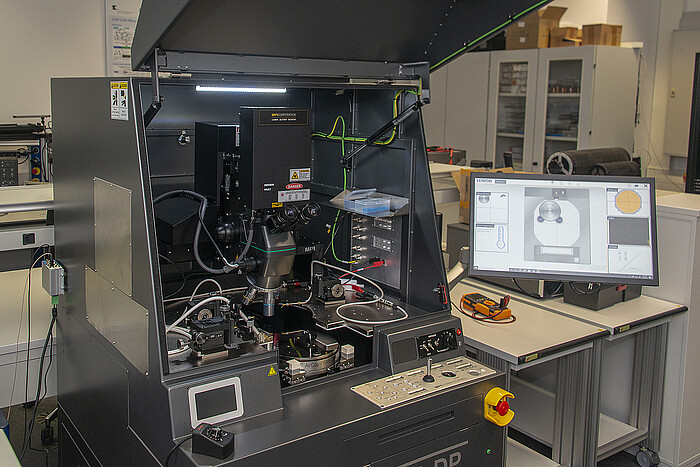
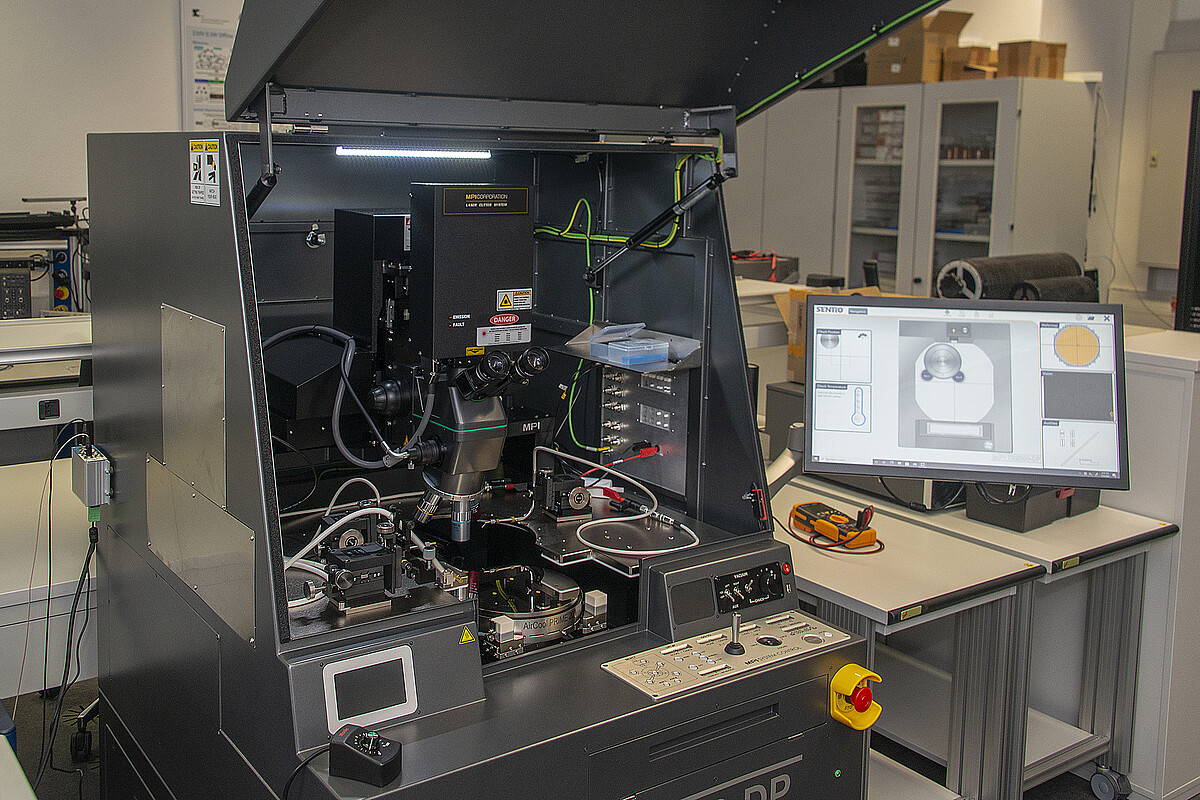
Research networks
The IMS is a member of the following research associations:


 ©
Quelle: BioFAB
©
Quelle: BioFAB


 ©
Quelle: H4All
©
Quelle: H4All


 ©
Quelle: NIFE
©
Quelle: NIFE




